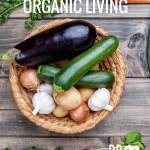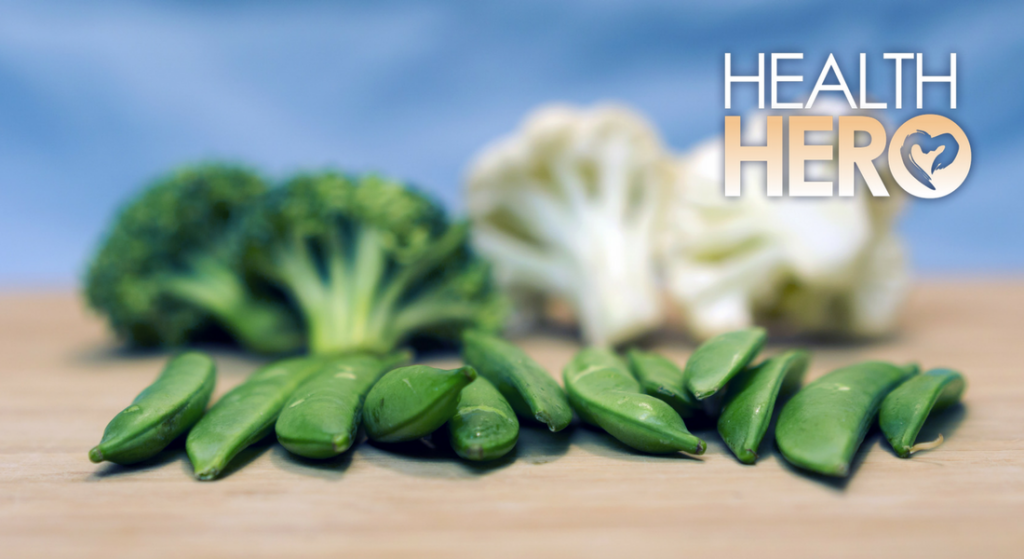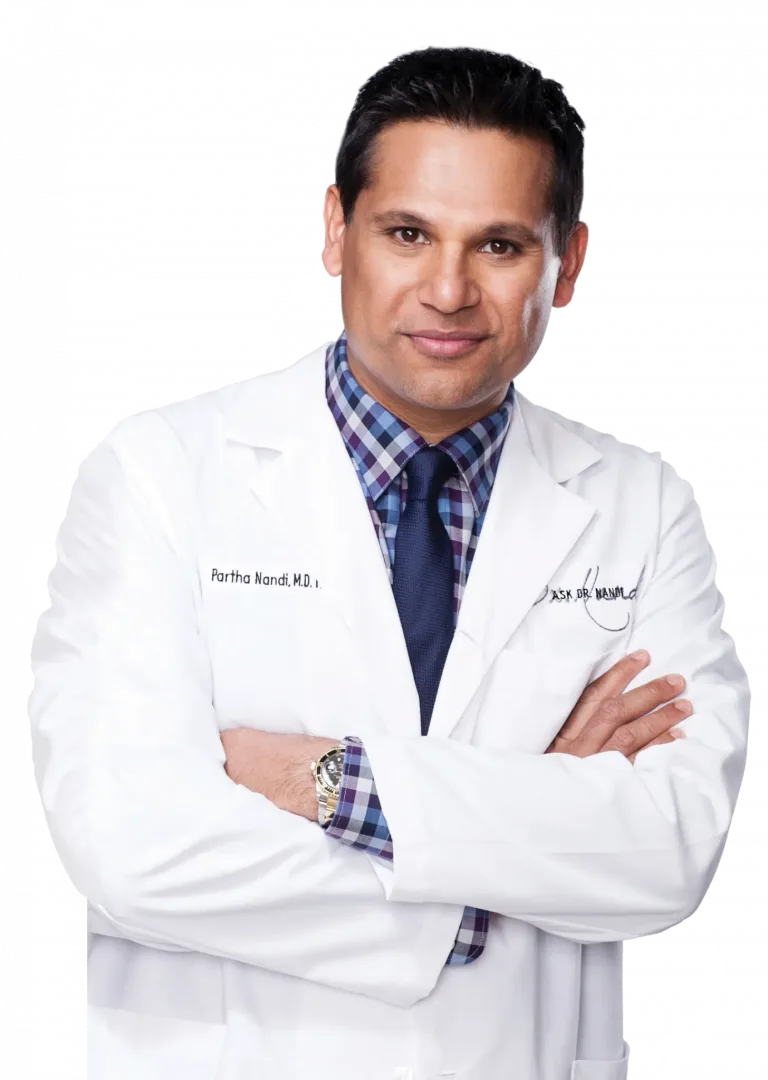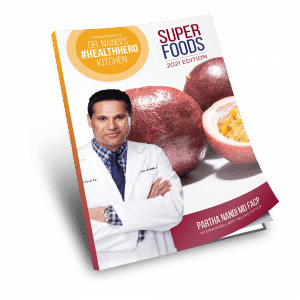
The general consensus about organic food is that it’s better for you. And for most people, that’s the extent of their knowledge. What does organic really mean for your food and your health? Are non-organic foods dangerous? What makes “organic” any better, or is it just a sales tactic grocery stores use to get us to pay more?
I get a lot of these questions when discussing dieting needs with my patients. I hope to answer these questions and more so that you can know exactly what to shop for and what you should and shouldn’t be putting on the table.
What Does “Organic” Really Mean?
The term “organic” is used to describe the way agricultural products such as produce, meat, dairy, and eggs are grown and processed. While conventional produce is typically grown with the use of chemical fertilizers, synthetic pesticides, and herbicides, organic produce is grown with natural fertilizers and the weeds and pests are controlled by natural methods such as tilling, weeding, traps, and natural pesticides.
Conventionally raised livestock is generally grown with the use of antibiotics and medications, non-organic GMO feed, growth hormones, and little or no outdoor access while organically raised livestock is given organic non-GMO feed, access to the outdoors, and diseases are prevented with natural methods such as a healthy diet and clean housing.
The Benefits of Organic Living
I’m sure you’re already starting to see the differences between organic and conventional food. Clearly organic food seems to be taking the lead so far. But does the growth and processing method really make a difference in your health?
It most definitely can! Organic food has shown to be extremely more nutritious, which can have a major impact on your mental and emotional health. Researchers have also found that eating organic foods can reduce risk for certain diseases and obesity. Many of my patients have found their negative symptoms to lesson or completely disappear when they focus on maintaining an organic foods diet. Not to mention the good that organic processing does for the environment. (1, 2)
7 Organic Food Benefits That Keep On Giving
But that’s enough chit-chat. Let’s get into the really specifics of organic foods benefits.
Fewer pesticides
Organic foods contain a higher level of nutrients and a lower level of pesticides. The pesticides and chemicals used on conventional produce remains on and in the food you eat. Shopping organic is the best way to avoid this. (3, 4)
Freshness
Because organic foods don’t contain preservatives to give it a longer shelf life, you can be sure that it’s fresh. (5)
Environmentally friendly
Organic farming is better for the environment than conventional farming. Organic production and growth strives for pollution reduction, water and energy conservation, reduced soil erosion, and increased soil fertility. (6)
Animal treatment
Organically raised animals are given more humane treatment due to the use of more natural methods to keep the animals healthy and happy. Conventional livestock are given antibiotics, growth hormones, and animal byproducts in order to make up for their inhumane lifestyle. (7)
Richer nutrients
Organic dairy products and meats are richer in nutrients, such as omega 3 fatty acids, than conventional products. Organic produce is also more nutritious than conventional produce. (1, 4)
GMO-free
Genetically modified organisms (GMOs) or genetically engineered (GE) foods refers to foods that have had their DNA tampered with and altered in a way that is contrary to nature. Although the exact risks of eating GMO foods are still unclear, they have been linked to diabetes, cancer, and neurological defects. (8, 9)
Financial benefit
Although not all organic food is grown locally, a lot of it is shipped from farms within a short distance in order to maintain freshness. This also assures that the money stays within the local economy, and in some cases more funds are able to go directly to the farmer instead of toward marketing or distribution.
You Get What You Pay For!
Although organic foods can be more costly than conventional foods, it is definitely worth the extra buck to shop organic foods that will benefit you nutritionally and environmentally. Also, making sure to buy produce when its in season, visiting the farmer’s market, or joining a food co-op or Community Supported Agriculture (CSA) farm are some ways you can both buy organic and save!
If you’re looking for a healthier, more nutritious lifestyle, with physical and mental health benefits, then buying fresh, whole, organic foods is definitely the way to go.
Resources:
- https://www.ncbi.nlm.nih.gov/pubmed/22944875
- https://www.ncbi.nlm.nih.gov/pmc/articles/PMC5345585/
- https://www.ncbi.nlm.nih.gov/pubmed/20359265
- https://www.ncbi.nlm.nih.gov/pmc/articles/PMC5658984/
- https://www.ncbi.nlm.nih.gov/pmc/articles/PMC5156503/
- https://www.ncbi.nlm.nih.gov/pubmed/26254994
- https://www.ncbi.nlm.nih.gov/pmc/articles/PMC4494360/
- http://sitn.hms.harvard.edu/flash/2015/gmos-and-pesticides/
- https://archive.epa.gov/pesticides/reregistration/web/html/status.html






